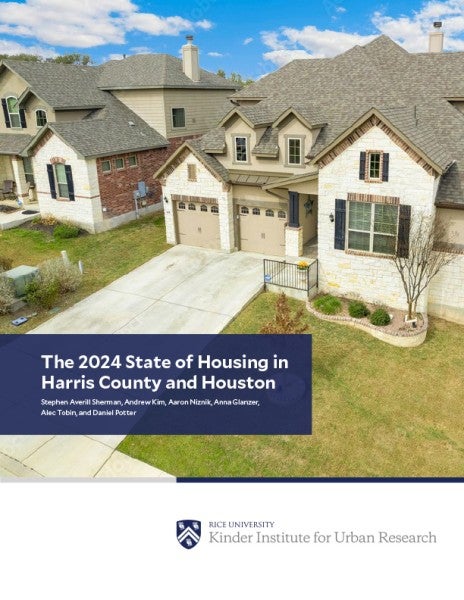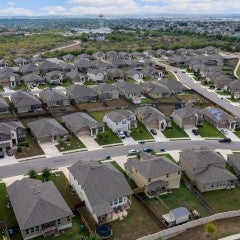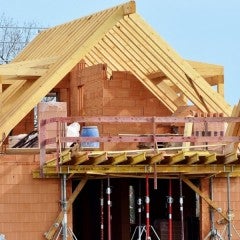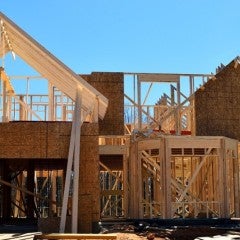Nearly 8 in 10 Houston residents believe owning a home is a good way to build wealth. Beyond its economic value, homeownership can have other benefits, such as contributing to higher levels of neighborhood satisfaction and participation in civic institutions. Yet actual homeownership rates in the Houston region have been in decline since the early 2000s, with increasing costs cited as the main hindering factor.
The 2024 State of Housing in Harris County and Houston report — the institute’s fifth annual report of its kind — explores the implications of increasing homeownership costs in the region. The report is divided into three chapters analyzing trends in homeownership, affordability challenges and gentrification indicators.
Key findings
- Homeownership is increasingly expensive: In 2023, the median home sales price was $315,000 in Harris County and $335,000 in Houston.
- While home prices have increased, buying power has not. Since 2018, the affordability gap has grown 275% in Harris County and 54% in Houston. A majority of Harris County neighborhoods are not affordable to a household earning $100,000 a year.
- Homeownership is growing faster in Fort Bend and Montgomery counties. Together, they added almost as many new homeowner households as Harris County, despite having a third of the population of their larger neighbor. Fort Bend’s number of homeowner households increased 58% and Montgomery’s increased 48%, compared to only 20% in Harris County and 10% in Houston.
- Homeownership across Fort Bend, Harris and Montgomery counties is diversifying, particularly in the suburbs. Collectively, nearly 150,000 Hispanic homeowners and nearly 37,000 Black homeowners were added from 2010 to 2022.
- Based on key demographic indicators (increasing household incomes, decreasing non-White population and an increase in the percentage of population with a bachelor’s degree), almost 1 in 10 Harris County neighborhoods display signs of gentrification.
The 2024 report and webinar are made possible with lead funding by Wells Fargo. Data from the report is housed in the Kinder Institute's Urban Data Platform.1 A data dashboard with neighborhood-level indicators is also available.
1Kinder Institute For Urban Research. (2024). State of Housing (2024) - Data Archive (Version 1) [Data set]. Rice University-Kinder Institute: UDP. https://doi.org/10.25612/837.3QVN987O75OG







